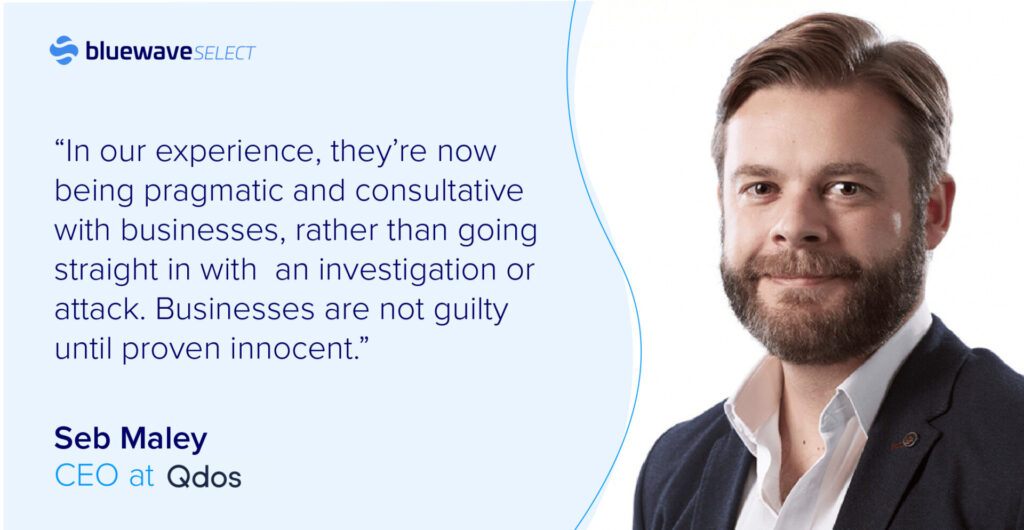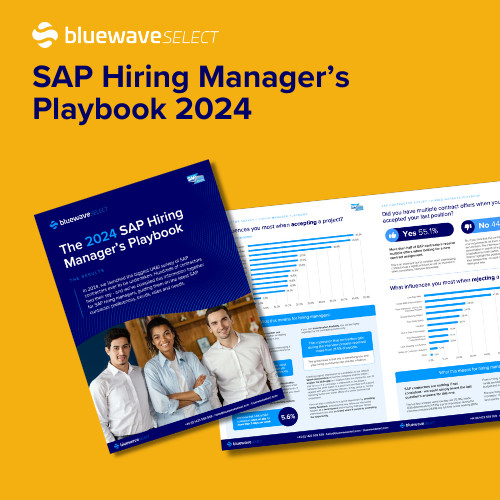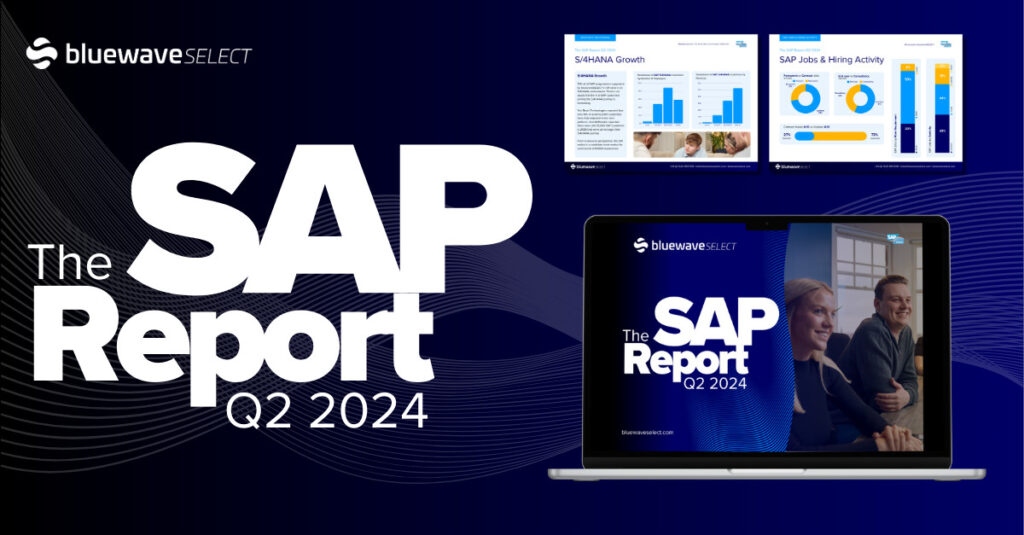Interview Pointers
Preparation
Make sure you get as much detail from your consultant as possible:
- Full job specification (match your skills against this)
- Company insight
- Size and scope of SAP footprint
- Ambitions of company and the team
- Industry drivers
- Company performance over recent years
- Culture
- Reason for the vacancy
- Interview Process (how many stages?)
- Name, job title & background of all interviewers
- Review company web site- how would you answer “what did you learn about us from our website?”

"Treat the interview as a fact-finding mission. Once you’ve gathered all of the essential data, you can make your own determination whether or not to proceed. We will be with you each step of the process to help you make the analysis. In order to make your decision you are going to need a detailed understanding of the opportunity."
Here are some lines of questioning to help get the information you need:
- Please define for me the specific opportunity
- What are your expectations of success?
- How will you identify, measure and reward success?
- Tell me about the culture of the organisation
- How do you differentiate the company from its many competitors?
- Why is this a fun place to work?
- Tell me about how a project flows through the company
- What is your management style and philosophy?
- What accomplishments of the company, team or department that you are most proud of?
- What attracted you to the firm and what motivates you to stay?
- What is the current vision of the business over the next 2- 5 years?
These questions should be enough to put you well on your way of discovering whether or not this company is right for you. We want to encourage you to write them (and any other questions you may have) in a notebook and take them with you. This will allow you to focus on the answers that you will get from the employer and you won’t have to worry about forgetting certain questions.

On The Day
- Review directions to the interview
- Have appropriate phone numbers in case you are delayed en route
- Leave yourself enough time to arrive 10-15 minutes early
- Plan for traffic, weather, construction etc.
- If there is any chance of you being late, call your recruiter as well as the employer
- Wear appropriate business attire
- Maintain good personal hygiene and be freshly groomed
- Smile, shake hands firmly and maintain eye contact
Answering questions
Of course you should expect questions from the interviewer. Answer all questions directly and use plenty of eye contact.
The STAR technique of answering open ended interview questions (as detailed in this article in the Guardian) is a proven way of addressing the question in a structured way – it will also help you from drifting off topic:
It is fine to talk about ‘we’ when answering questions but you will showcase your achievements more effectively using ‘I’. For example “we upgraded the SAP solution across 4 countries in a 12 month period and on this project I was responsible for… “
The short and the long of it; successful interviews are a dialogue not a monologue. When asked an open question, consider beginning your answer with ‘let me give you the short version… ‘ or ‘let me give a high level overview… ‘ and follow with an invitation to ask for more detail. For example ‘let me give you a high level overview and then perhaps you could ask me to expand on any point if you would like more detail…
‘Using the short and the long of it will help you communicate in a considered, concise and effective manner and eliminate the chance of waffle!
If you are unclear about a particular question, ask the interviewer to repeat it or to amplify it so that you understand it better. There’s no such thing as a dumb question.
What if the answer is no? If you are asked if you are familiar with a certain technology, process or experience and the answer is no, do not just say no and leave it there. More positive ways of saying no include “no I haven’t had the chance yet, however I have used x, y, z which does a similar job” or “no I haven’t had the chance yet, however I would love to get involved with this, looking at the role as a whole, I would say that I cover everything that you are looking for with the exception of this so if I can get the opportunity to gain this experience as well as delivering x, y, z for you, it would be the ideal role for me’.
Remuneration/day rate. It is usually poor form for an interviewer to mention money during the first interview, most of our customers know this and leave the negotiating up to us on your behalf. However, once in a while, somebody will test your resolve in this area and may ask a direct question around what salary or day rate you are looking for.

We’ve discovered that the following phrase works well to establish your credibility with the employer and lets them know that you’re not about to get yourself into a negotiating posture prematurely when you are all alone on their turf:
"I’m glad you brought this up. Money is important to me but it’s not the most important factor in determining my next move. I’m really here to evaluate this opportunity, if you decide that I am the right fit for you and if we decide to move forward, I will be happy to discuss the financial side of things.”
Taking Notes
During your interview be sure to make relevant notes so that you can note any potential areas which may need to be addressed before you come back for a second interview. It also ensures that you are able to ask all the questions which you had and the answers to them.

Closing the Interview
There will be a definite signal when the interview will be brought to a close. It will be important for you to identify this key point in the conversation and not accidentally drag out the interview any longer than necessary. You should ask a closing question “Based on our time together do you have any reservations about moving forward with me?” Listen carefully to the response. Nobody conducts a perfect interview so it is natural that the employer might give you a couple of things to discuss. If you feel capable of answering their concerns on the spot do so, but be as direct and as brief as possible. If you are unable to think of a plausible explanation, ask then for time to reflect on their issue, and state that you’d like to get back to them.
Debrief
Remember to write down your thoughts from the interview immediately afterwards; either in your car before you set off, in a cafe or on the train. Write down everything that you can think of such as the questions you were asked, what the interviewer responded well to, anything that you think could be contentious, the things you like and dislike about the opportunity. Often there can be a period of time between multiple interviews and reviewing your notes the evening before you speak with the employer again can help refresh your memory. Call your bluewaveSELECT consultant to let them know your thoughts on the opportunity and how you would like to progress.



